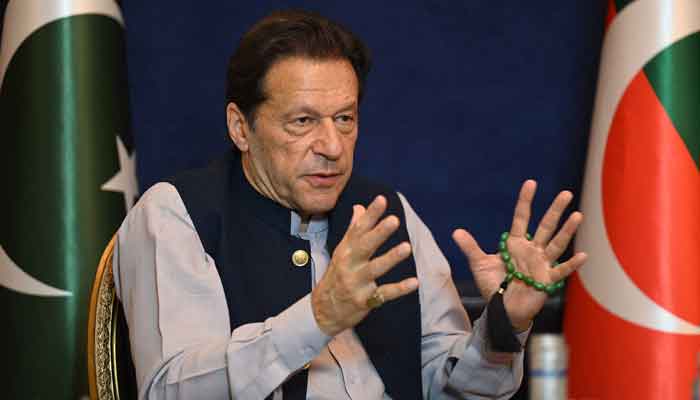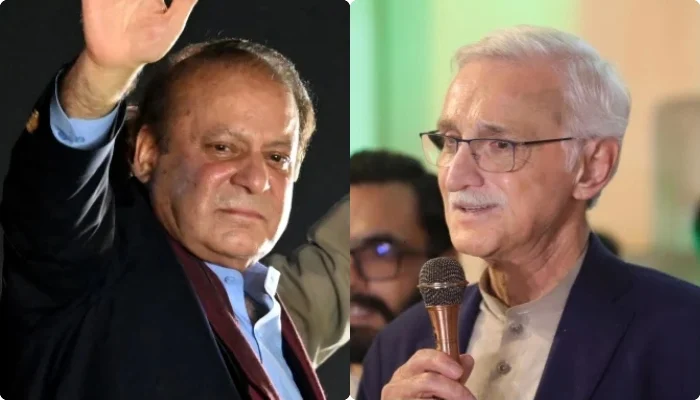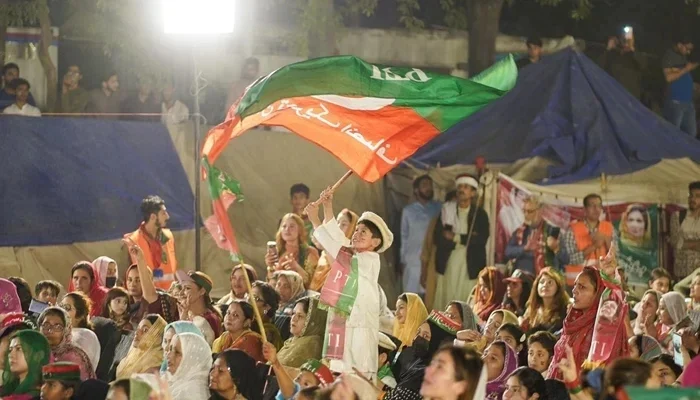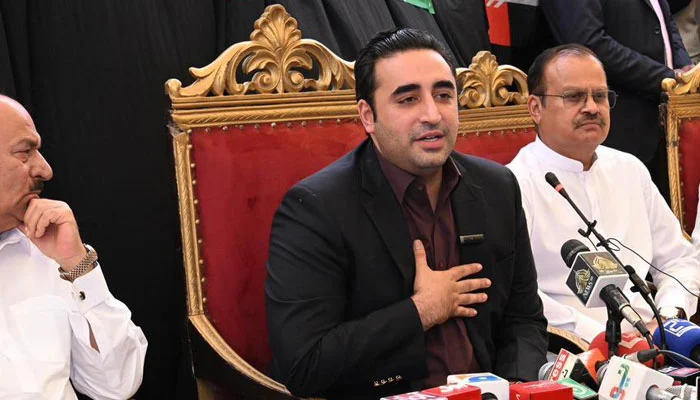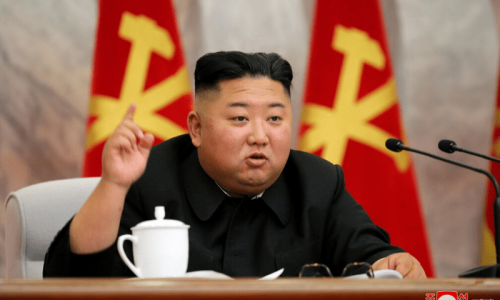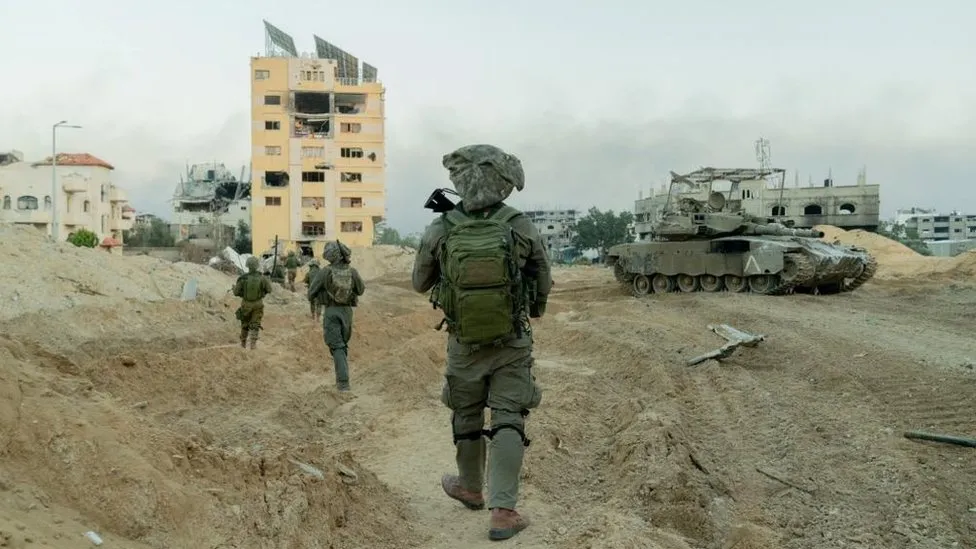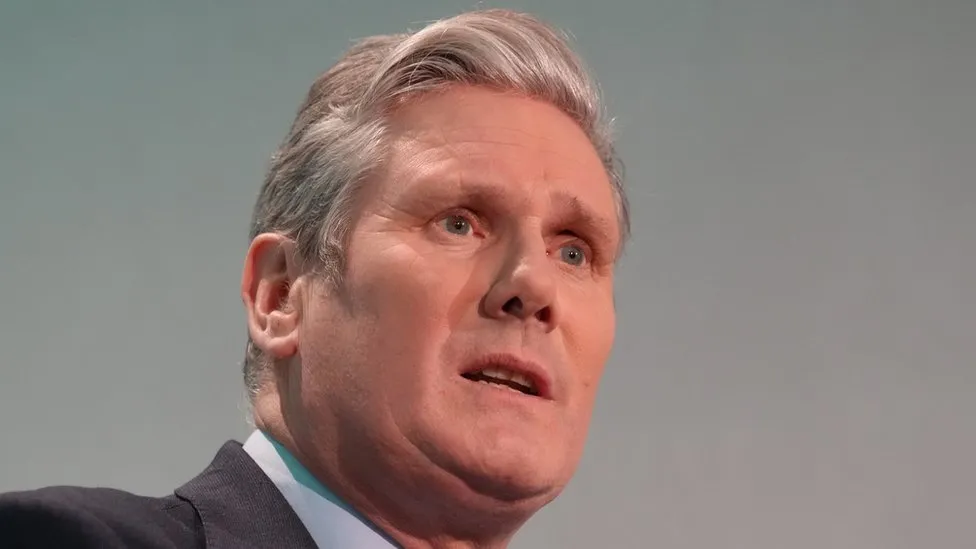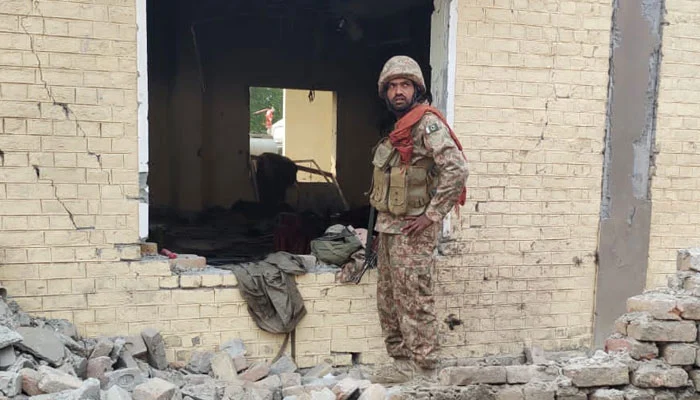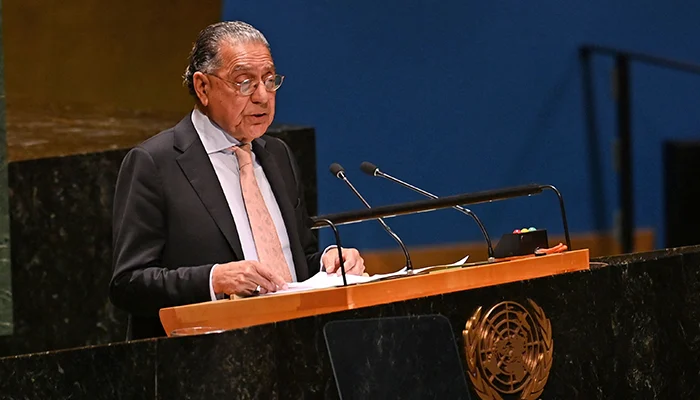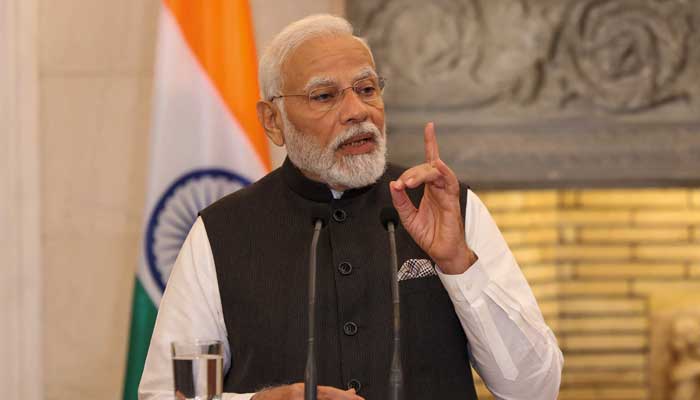PESHAWAR/ ISLAMABAD: All eyes are now set on the Election Commission of Pakistan (ECP) after the Peshawar High Court (PHC) directed the electoral body to decide fate of the Pakistan Tehreek-e-Insaf’s intra-party election and allocation of ‘bat’ symbol for the general elections.
The PHC Thursday ordered the election body to decide the case, as per the law, by Friday (today),
PTI Chairman Barrister Gohar Ali Khan apprised the court that his party would not be allotted a bat as the election symbol if the commission did not accept PTI’s intra-party polls. The ECP procrastinated the decision for unknown reasons, he added. The PTI candidates would be considered independent if they were not allotted the election symbol by December 22, he relayed to the court.
The PHC division bench comprising Justice SM Attiq Shah and Justice Shakil Ahmad announced the reserved verdict and disposed of the petition after issuing directions to the ECP to decide on the case.
The PHC had reserved its verdict in the case related to the ECP notice against PTI’s intra-party polls that could jeopardise the party demand for the bat as its election symbol.
“We are well aware of the prevailing situation in the country. The Supreme Court had also ordered for provision of equal opportunities and level playing field to all political parties,” Justice SM Attiq Shah remarked.
Barrister Gohar Khan, at the start of the hearing, informed the court that the party did not approach the Islamabad High Court (IHC) because they feared that their leaders might be arrested.
All the high courts and Supreme Court could issue directives to the federation as they were units of the federation, he added.
He said that the court was well aware of the ground realities as most of the PTI leaders had gone into hiding due to the government crackdown and harassment while there was a biometrics system at the IHC for which the presence of the party leaders was compulsory.
He argued that the procedure of intra-party elections had to be decided by the party itself, not any other forum. He also pleaded that his party was not being provided level playing field and treated indiscriminately.
Justice SM Attiq asked the PTI chairman who made the intra-party elections controversial? Barrister Gohar replied that the person who had lodged the complaint in the ECP was not a member of the party, and he also produced a list of the PTI registered members.
Barrister Gohar said the ECP had issued a notice to the PTI on its intra-party elections while December 22 was the last day for filing nomination papers for general elections.
He said that there was no concept of intra-party elections in the 1962 Political Parties Act. He presented a record that the intra-party elections were directed to be held through secret ballot in 2002. Justice SM Attiq Shah inquired whether they would be given an election symbol before the general elections. To this, Barrister Gohar replied that the ECP had said it would reissue the election symbol for every election and that they were not being issued their election symbol of bat.
He also pleaded that they held intra-party elections and submitted the certificate to the ECP in seven days. However, the ECP had not yet issued their intra-party elections results on its website.
When the bench asked what the harm was of not issuing the party results on the website, Barrister Gohar responded that they would not be allotted their election symbol if the results were not made public by the Commission.
To the court query, the ECP counsel stated that the election results were published on the commission’s website after complete satisfaction about veracity of the polls process and the authenticity of the results.
‘Plan-B’
Later on, talking to the media on PHC premises, Barrister Gohar Ali said his party had an alternative plan for contesting general election if it was denied bat symbol by the ECP. “We have already drawn up the Plan-B,” he revealed.
He insisted that the PTI had held the intra-party election as per law and the Constitution, but lamented that the ECP had not posted the result to this effect on its website.
He was critical of those who had moved the ECP against the PTI intra-party election and termed them planted elements. However, he said, the PTI did not favour the resignation of the CEC as that was feared to delay elections.
“The Supreme Court of Pakistan has set the date for the general election, which is February 8, 2024. We, too, want elections on that date,” he added.
He feared horse-trading if the bat symbol was denied to the PTI and his party candidates won the election as independent candidates. “Pressure would be exerted on our elected members to force them to join other parties,” he explained while expressing his apprehensions.
The PTI chief ruled out alliance with any political party for the general election. “The PTI will not enter into an electoral alliance with any political party. Five political parties are joining hands against our party but we will defeat them despite that,” he said.
The PTI chief feared that the situation would turn ugly if any bid was made to keep PTI out of the ballot. He said former prime minister Imran Khan had not been disqualified so far and hence he would contest the general election. “Imran Khan will contest from Islamabad, Lahore and Mianwali,” he added.
Akbar Babar challenges PTI intra-party polls
On December 5, PTI founding member Akbar S Babar challenged the party’s “rigged and fraudulent” intra-party polls, after the PTI held intra-party elections on December 2. Akbar Babar requested the electoral authority to order the party to conduct fresh polls.
Barrister Gohar Khan was elected as the party’s chairman replacing Imran Khan for the first time as PTI chief on December 2.
Babar, however, refused to accept the polls. The senior politician said that he and other founding leaders were part of the party following the high court’s decision.
The politician approached the ECP seeking its intervention in the matter as a member of PTI whose membership was validated by the electoral body.
On December 18, a five-member commission, led by Chief Election Commissioner Sikandar Sultan Raja, conducted the hearing on the petition filed by 14 PTI members against the intra-party polls.
At the outset of the hearing, PTI’s counsel Barrister Ali Zafar presented his arguments, saying that the ECP had ordered to conduct polls within 20 days.
“We conducted elections on your orders. The chairman is elected for five years while the panel is for three years,” said Barrister Zafar, adding that voting is not required where there is an uncontested election.
He added that the uncontested elections are not illegal. “The procedure for conducting intra-party elections is not mentioned in the Constitution, Election Act and Election Rules.”
The procedure to conduct intra-party polls is not mentioned in the PTI’s constitution, said Zafar, arguing that the matter was left to the party. “Every party has an option either to do ad hoc or make rules,” he said.
Zafar also added that ECP is not a regulator in the intra-party polls.
During the hearing, the ECP members said that the PTI submitted the intra-party election certificate.


